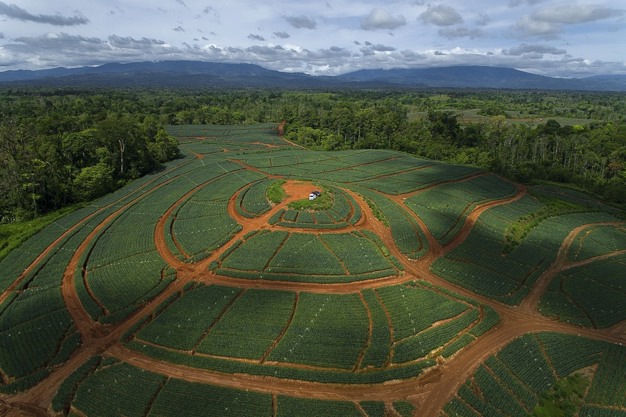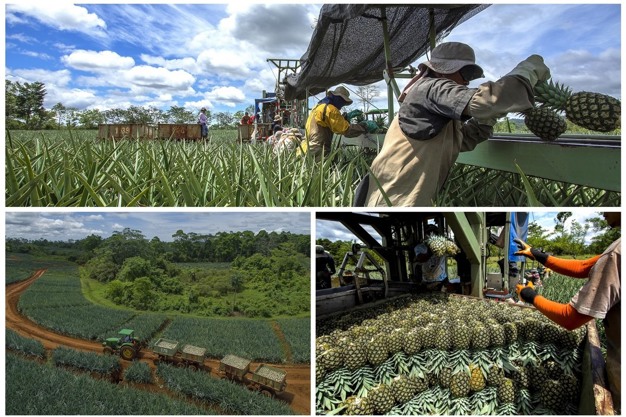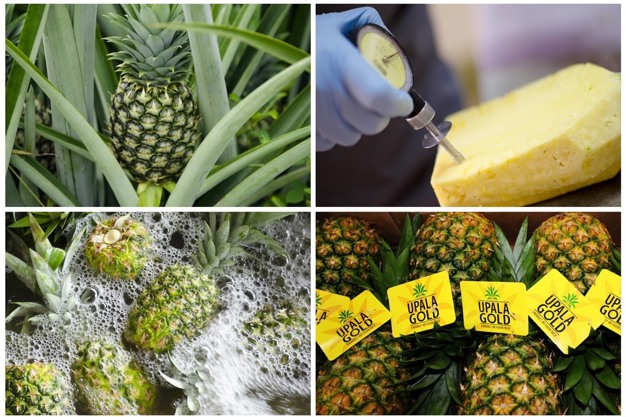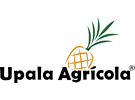"The demand for fresh pineapple has increased significantly in 2024, both in direct consumption and industrial by-products. Pineapple prices have been stable in recent years, but external factors such as the cost of inputs and the revaluation of Costa Rica's currency have impacted the company's margins," stated Alfredo Volio, president and CEO of Upala Agrícola, highlighting the importance of remaining competitive in a context of rising costs.
Upala Agrícola is present in strategic markets such as the United States, Europe, and the Middle East. The company continues to grow, exporting around 130,000 tons a year, thanks to sustained demand and its commitment to quality and sustainability.

"The company's main challenges include several economic and structural factors that impact its competitiveness in the international market, such as road and port infrastructure limitations that increase transport times and costs. Improving these areas is essential to strengthen competitiveness in international markets," Volio stated.
He also highlighted the challenge of depending on imported inputs. "The lack of local inputs and dependence on imports makes production more expensive. This has been aggravated by the increase in prices of packaging materials and fuel. This reduces profit margins and makes it difficult to compete on price. We must be more efficient and optimize the use of productive land, relying on technologies and precision agriculture, "he said. The weather is another crucial factor that affects pineapple production. That's why the company has implemented weather stations to anticipate and mitigate any adverse effects.

The company has developed a holistic approach, with more than 1,200 hectares of forests that help conserve biodiversity and stabilize microclimates. "These practices benefit our farms and support sustainable growth locally and internationally," Volio added. The company has Global GAP, SMETA, GRASP, and BRC certifications, ensuring they meet the quality and demands of global markets.

Upala Agrícola does not plan to diversify its product portfolio, but it is working on strategic alliances to process pineapple into juice and frozen products, adapting to a demand that continues to expand. Volio projects a steady growth in fresh pineapple consumption globally, which will have a special impact on the US economy and Costa Rica's relevance as a leading exporter.
For more information:
Alfredo Volio (president and CEO) 
Upala Agrícola
Upala, Costa Rica.
Tel.: +506 2480 0100
Email: avolio@upalagricola.com
www.upalagricola.com
